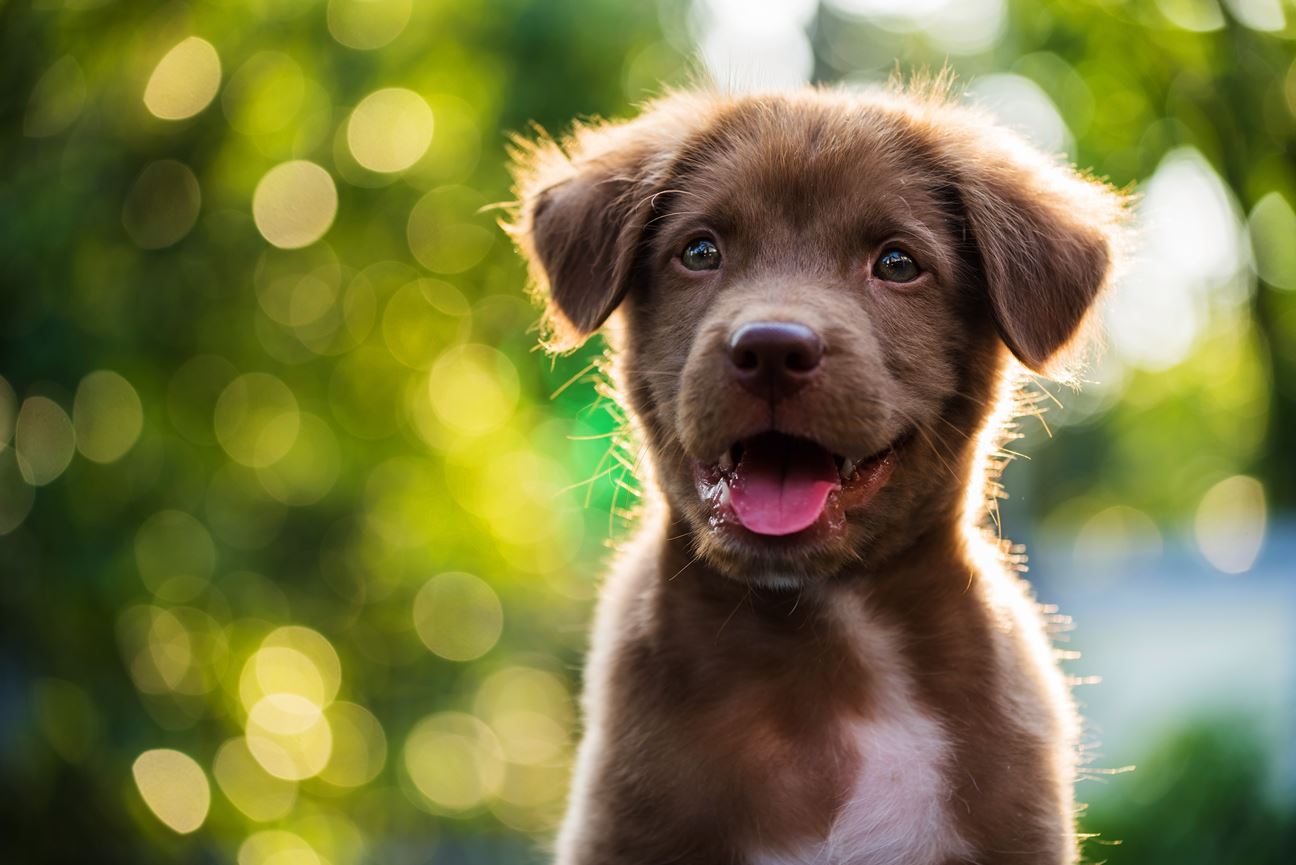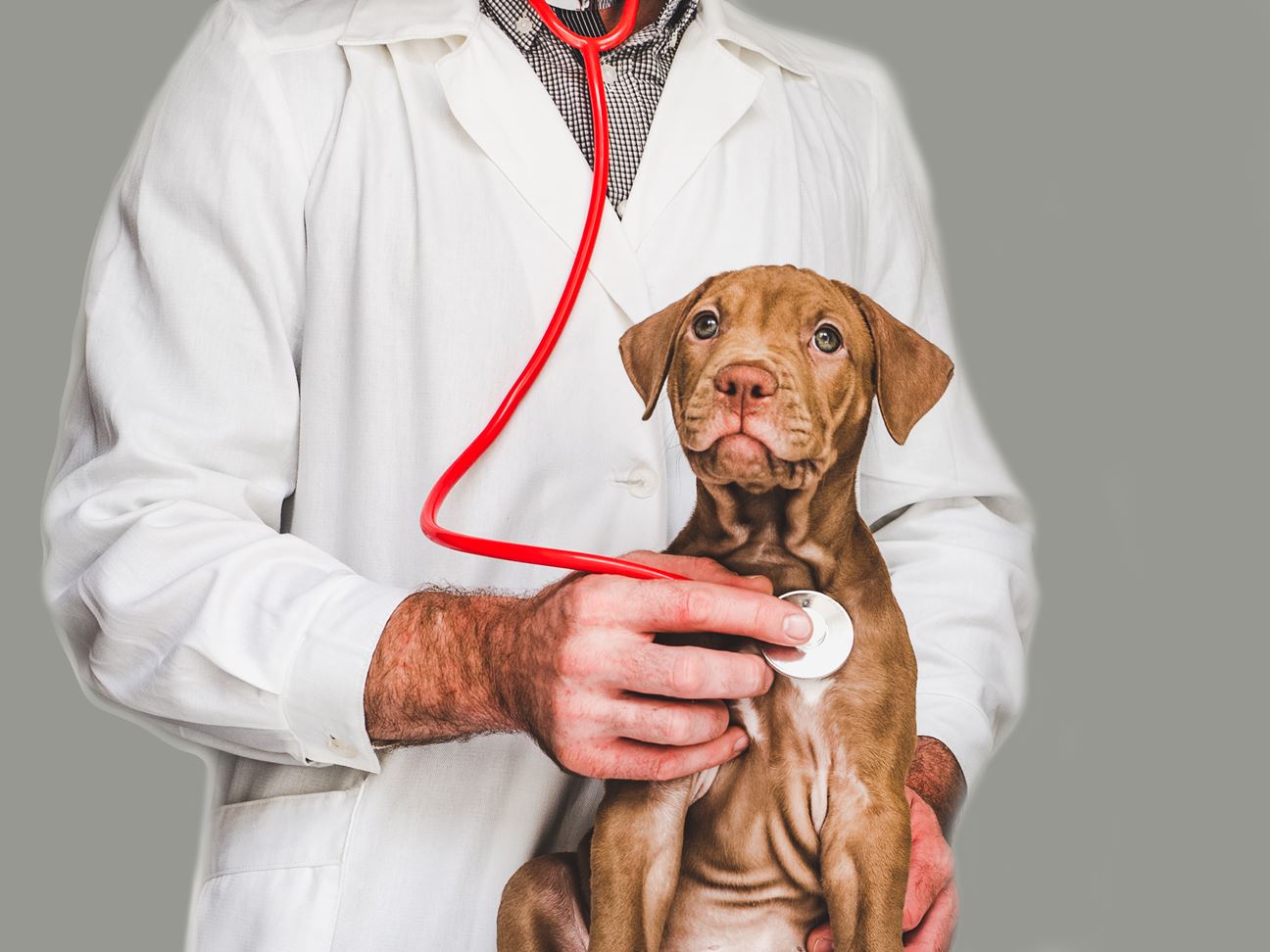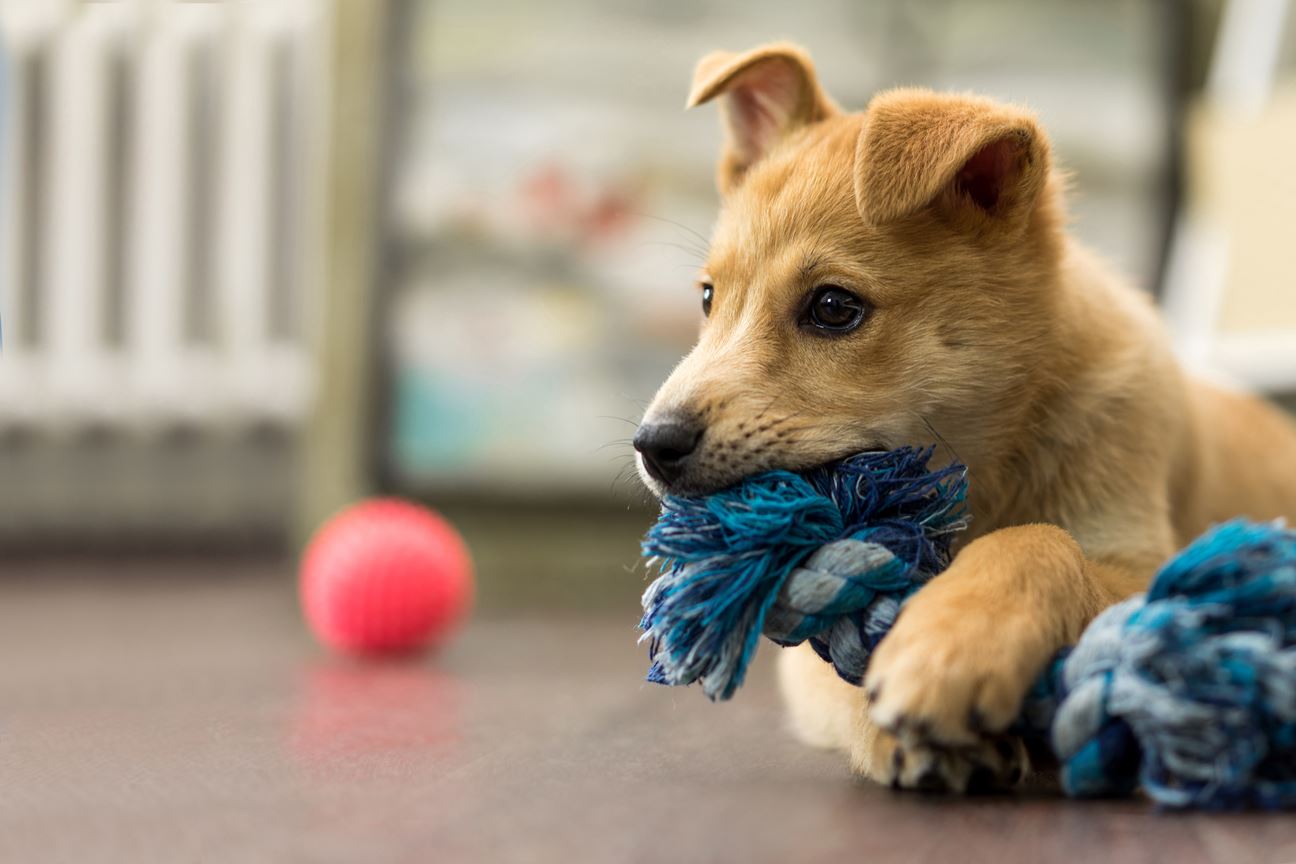Puppies bring lots of happiness and action in our lives with their mischievous innocence. Are you ready to get your bundle of joy? Let's get you ready for one incredible phase of your life!
Getting a puppy home is definitely one of the best things for us humans! But before going on this rollercoaster ride, please do make sure that you're really ready for this huge responsibility. It's just like thinking several times before having a baby. We are solely responsible for another innocent life and there are no mistakes allowed there. Those puppy eyes, head tilts, and constant happiness will turn our life upside down in a moment. Amidst the joy, it also may get a little overwhelming and tiring sometimes. Here's a guide to get you through.

Before getting a pup to your house, make sure your house is ready for the storm -- puppy-proof your home! Make sure that there’s nothing dangerous, sharp, or anything breakable within your pup’s reach. Keep your trash can in a place where your pup won’t be able to reach. Also, you’ll need a few things like toys, leash, collar, water, and food bowls before you get your furball home.
Understand that getting a pet is a huge deal for the puppy and even for your family. When you get it home, let your puppy explore its new home. Introduce it to all the family members and give both the pup and your family members time to adjust.
The foremost important thing is to take your puppy to a good vet. If you don’t know any, ask for recommendations from pet owners in your circle. This visit will make sure there are no birth defects or any serious health issues. If there are, you can also understand the preventive measures and necessary treatment for that. The visit will ensure the overall health of your puppy. You can also discuss your puppy’s future vaccination schedule.

Learn about the required portion size and the feeding frequency for your puppy. A pup of 6 to 12 weeks needs 4 meals a day, a 3 to 6 month young pup needs 3 meals a day, and 2 meals every day beyond that age. Buy the pet food your vet recommends and ensure your baby gets its food and water on time. If you’re a first-time pet owner, learn about the human food items that are deadly for dogs. Food items like chocolate, raisins, caffeine, alcohol, onion, and garlic should never be given to your pup.
Establish a routine for everything from the very start. Be it feeding, pooping, or playing -- a routine definitely helps when your pet gets bigger. Toilet-training becomes an integral part of a puppy’s initial days at its new home. Before completion of all the vaccinations, find a place that is outdoors but inaccessible to other animals. This helps to protect your pup from unwanted viruses. Take your pet outdoors after feeding, a nap, and before and after sleeping. This training part needs a lot of patience and positive reinforcement. Make it a point to never punish your pet even if accidents may happen indoors.
Start training your puppy as soon as possible. You may also hire a trainer for basic obedience. You can start with basic commands like come, sit, stay, down, etc. These commands will help you and your pup to have positive and social interactions in the future. Also, start socialising at this early age (after all the vaccinations are done). Take the pup out and introduce it to new humans, dogs, places, smells, and sounds. This helps in avoiding behavioural issues in the future. After a while, try to get them used to stay alone for short periods. This will help avoid separation anxiety in your pup. While training or socialising, always thrive to keep that connection with your pet.
Puppy teething is a natural but a very frustrating and painful phase. Your pup is going to bite and chew on things like your shoes or your furniture. Just make sure to use positive enforcement for stopping innocent teething to be a menace later. Stop your pup immediately and give it a chew toy instead!

Also, exercise your puppy. Remember: an exercised puppy is a happy puppy! These cute little babies have a lot of energy which can be burnt with exercise.
As your pooch gets older, start taking into consideration essentials such as grooming, cutting nails, deworming, cleaning ears, paws, and teeth. Start with brushing the fur daily and look out for ticks and fleas. Start grooming at an early stage so that the pup is comfortable with all these activities.
Last but not least, be alert about any change in your pup’s health. Their immunity is still building at this stage so keep an eye on signs like -
• Vomiting (puppies may eat anything!)
• Diarrhoea
• Swollen or red eyes with discharge
• Lack of appetite
The joy that comes with parenting is exceptional! Don’t always keep following rules. Sometimes, just sit and watch your baby. You won’t believe how fast they grow up. Although dogs will always stay puppies at heart, you’ll surely miss their tiny size and those little adorable yawns.